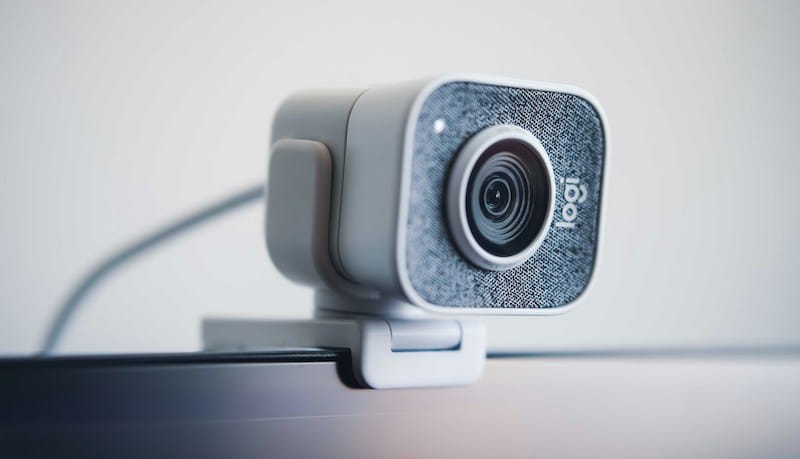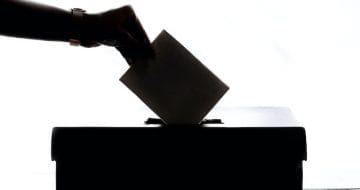Lauren Slade, maths graduate and aspiring barrister, explores the continuing suitability of video link wills

Since late 2020, following the outbreak of Covid-19 and the ensuing lockdowns, the passing of a government order made it possible for a testator and their witnesses to be virtually present via live video link as a will is signed and attested. While at first glance this appeared to effectively remove a barrier to creating a valid will during a deadly global pandemic, it could actually cause problems for the court in a challenge to the will’s validity.
Section 9 of the Wills Act 1837 provides for how a will should be signed and attested in order for it to be valid. Subsection (1) states that the will should be in writing and signed by the testator in the presence of at least two witnesses at the same time, and then each witness should attest and sign the will in the presence of the testator.
Traditionally, ‘presence’ meant physical presence. However, the outbreak of Covid-19 in early 2020 resulted in a series of national and local lockdowns, as well as self-isolation measures, lasting into 2022. These restrictions made it difficult, if not impossible, for a testator and their witnesses to be physically present in the same room to sign and attest the will, meaning that, as the law stood, no valid wills could be created.
The ramifications were obvious: if the testator could not create a valid will reflecting their wishes, their estate would be administered under their last valid will or, if there wasn’t one, according to the intestacy rules.
As such, in late 2020 Parliament passed the Wills Act 1837 (Electronic Communications) (Amendment) (Coronavirus) Order 2020 SI 2020/952, which inserted section 9(2) of the Wills Act 1837 to allow the term ‘presence’ to “include presence by means of videoconference or other visual transmission” for wills made between 31st January 2020 and 31st January 2022. This provision now covers wills made up to 31st January 2024, following the passing of a second order (SI 2022/18) in January 2022.
The solution was simple: the testator would film themselves signing the will with the witnesses present via video link, then the will would be sent to each of the witnesses for them to sign and attest it with the testator also present by video means.
But the physical presence of relevant persons when a will is signed and attested was traditionally a legal requirement for a reason; it is an important safeguard against several issues that can affect the validity of a will: lack of testamentary capacity, undue influence, fraud or forgery.
Testamentary capacity
The common law requires a testator to have ‘testamentary capacity’ to make a will. The test for testamentary capacity, established in Banks v Goodfellow (1870) LR 5 QB 549 (p 565), is that the testator must understand the nature of the act of making a will and its effects; comprehend the extent of their assets; be able to consider any claims to their estate; and not suffer from any disorder of the mind or insane delusion.
Want to write for the Legal Cheek Journal?
Find out moreWhile the law does not require a witness to be satisfied that the testator has testamentary capacity, their in-person observations of the testator during the signing and attestation of the will could be vital evidence should the validity of the will be challenged on this ground.
Although medical evidence could be highly relevant, the Court of Appeal in Simon v Byford & Ors [2014] EWCA Civ 280 confirmed that the criteria in Banks v Goodfellow are not directly medical questions, but matters which must be judged on the basis of the whole of the evidence. In that case, the court approved the approach of the High Court judge deciding whether a testatrix had testamentary capacity in placing the most importance on the evidence of the persons present when her will was executed.
One wonders whether the same approach would be adopted if a similar case concerning a will witnessed by video link came before the court today? Observations of the testator made virtually would likely be less reliable evidence, as it would be more difficult for the witness to form an accurate impression of the testator’s mental state.
Undue influence, fraud or forgery
The use of video technology in the witnessing of wills could lead to an increase in the number of cases where undue influence, fraud or forgery are alleged.
Undue influence is where a testator is coerced by a third party into making dispositions in their will that they do not truly wish to make. The new process for the signing and attestation of wills facilitated by section 9(2) of the 1837 Act makes undue influence potentially more difficult to detect because it will be unclear to a witness watching the testator sign the will via video link whether there is a third party in the room who may be pressuring them.
Furthermore, the fact that the will is sent to the witnesses to attest and sign means that they cannot know for certain that the document they receive is definitely the will they virtually watched the testator sign. This element of the process provides an opportunity for fraud or forgery; in theory, a third party could swap the will with a forged document containing different depositions before it is sent to the witnesses.
Such serious allegations typically require evidence to a high standard, which may not be available if the will was witnessed virtually.
While the addition of section 9(2) in the Wills Act 1837 was undoubtably necessary, it could cause a rise in the number of challenges to the validity of wills on grounds of lack of testamentary capacity, undue influence, fraud or forgery.
Further, the testimony of witnesses present virtually will be of less value as they did not see the testator sign the will in person — which may make these disputes more difficult to resolve.
It will be interesting to see the outcome of such cases in the future and whether the safeguard provided by the witnessing of wills has indeed been compromised.
Lauren Slade holds bachelor’s and master’s degrees in maths from the University of Bath and Imperial College London. She is an incoming bar course student at the Inns of Court College of Advocacy and an aspiring barrister.



Please bear in mind that the authors of many Legal Cheek Journal pieces are at the beginning of their career. We'd be grateful if you could keep your comments constructive.